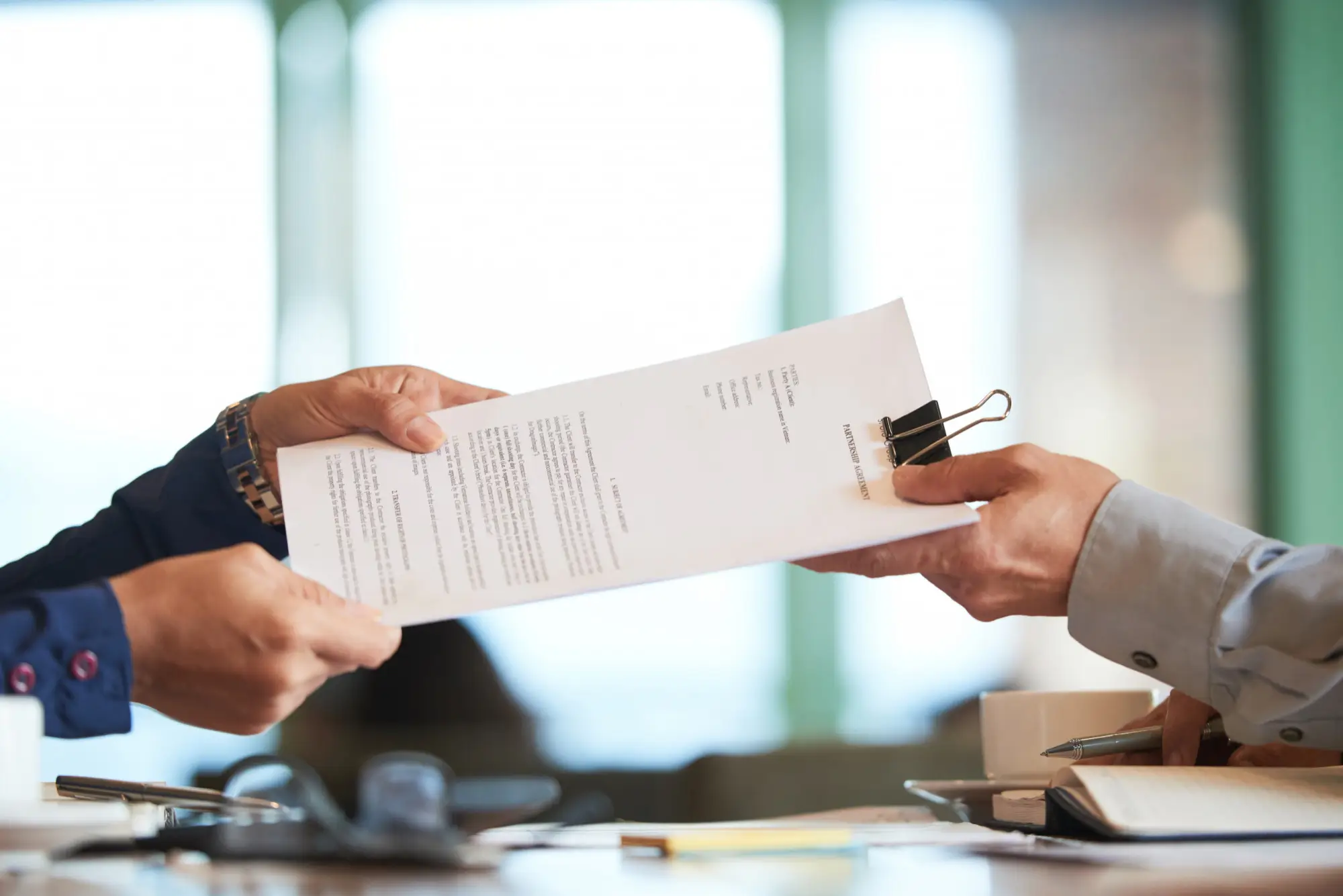1. Don’t Ignore the Bailiff’s Notice!
Just because you don’t open the letter doesn’t mean the problem disappears. The most important steps:
✅ Verify the debt – Mistakes can happen (e.g. wrong amount, already settled debt).
✅ Check the case online – You can look up the details for free in the Central Bailiff Information System (KVIR).
✅ Watch the deadlines – You generally have 15 days to raise an objection.
2. Possible Ways to Settle the Debt
🔹 1. Lump-Sum Payment
If you can afford it, paying the full amount is the easiest way to resolve the issue and avoid additional costs (such as bailiff fees).
🔹 2. Requesting an Installment Plan
You can contact the bailiff to negotiate a payment plan. If an agreement is reached, the terms should be recorded in writing.
🔹 3. Legal Remedy (Objection)
If you believe the debt is unjustified or the enforcement process is flawed, you can object:
- Submit your objection in writing to the bailiff.
- Include supporting evidence (e.g. proof of payment, contracts).
- A court will decide whether your objection is valid.
🔹 4. Debt Settlement Agreement
In some cases, the creditor may be open to a discounted settlement. It’s worth negotiating directly with them.
3. What Can the Bailiff Take?
The bailiff cannot take everything – the law protects your minimum living standard:
✔ Essential household items (e.g. bed, fridge, stove) – only one of each can be seized.
✔ Personal belongings (clothing, medication, children’s items).
✔ One-third of your income – only this much can be garnished if there are no other debts.
❌ They cannot seize:
- Funds from family allowances or child care benefits.
- Work tools (e.g. a computer if you work from home).
4. How Can You Protect Your Assets?
🔸 Bank Account Protection
Open a separate account for protected income (e.g. pension, aid) – this cannot be seized by the bailiff.
If your salary is garnished, request a new bank card as soon as possible.
🔸 Protecting Property and Vehicles
If you’re the primary earner, the bailiff cannot take your only car.
Home protection request – if your home is your family’s only residence, you may be able to file a lawsuit for exemption.
5. When Should You Hire a Lawyer?
If the debt is large or you believe it is unjustified, it’s advisable to seek expert legal assistance. A lawyer can help with:
- Drafting an objection,
- Negotiating a debt settlement,
- Requesting suspension of the enforcement,
- Defending you against enforcement measures,
- Protecting your assets,
- Representing your interests in court.
Summary: What to Do if You’re Facing Enforcement?
- Verify the debt (KVIR, creditor).
- Pay or negotiate installments if possible.
- Object if the claim is incorrect.
- Protect essential property (e.g. bank account, vehicle).
- Consult a lawyer if you can’t resolve it on your own.
In many cases, there is a way to resolve the debt or stop the enforcement. The sooner you act, the better you can protect yourself.
Contact our firm at tlegal.hu for further assistance!


